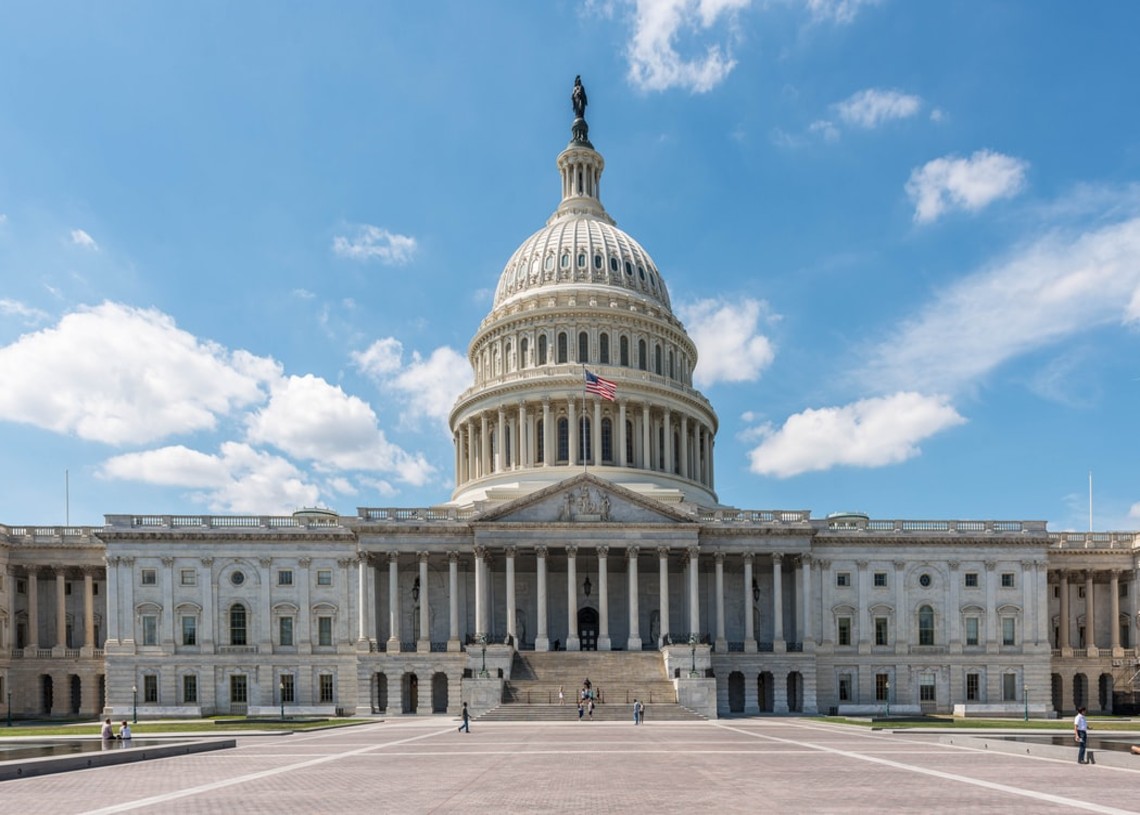The passing of the 2.2 trillion stimulus bill late March had many filled with optimism across the US. However, weeks after it was signed to law, lawmakers feel the idea they had in mind about the funds did not materialize.
In March when the 2.2 million stimulus bill was passed, there was a lot of optimism that it would alleviate financial problems for Americans and small businesses caused by the lockdowns due to the coronavirus. Weeks later, lawmakers are now looking back with buyer’s remorse and wondering if the bill is actually serving its intended purposes.
The stimulus bill had bipartisan support and passed the Senate with a vote of 96-0, having been negotiated at a time when the US economy looked like it was on a bleak of collapse. The bill only took a couple of days for it to be passed and signed into law.
Stimulus bill and small business administration paycheck protection program
The first policy to come under scrutiny is the small businesses paycheck protection program which has attracted media attention after big brands such as Shake Shack and Ruth’s Chris were able to access the business funding.
These are multimillion-dollar businesses and under no circumstance would anyone have predicted they would apply. However, they qualified for the loan and were given millions under the category of small businesses. Although through focused media the two businesses returned the money meant for small businesses, questions on whether there were other businesses of the same size receiving the SBA lingered.
This led to Marco Rubio, a Republican senator from Florida, threatening to use his subpoena power to investigate how these loans were being allocated. There were also concerns that lenders were ignoring actual small businesses and had preferences to some of their customers applying for the funds from the stimulus bill which Rubio also pointed out.
Early April, the lawmakers also increased the amount being offered on SBA and dedicated a further 60 billion to smaller businesses. However, they did not make changes to rules set aside by the initial stimulus bill, and looking at it now, seems like they messed up, with access to the stimulus fund remaining a problem for small businesses.
Large corporation funding
The upcoming $500 billion funding for large corporations, which was left entirely for the Treasury Secretary Mnuchin to determine the rules, is expected to draw public attention. With little oversight over the funds, the public will be looking at how the money is distributed among these corporations.
Unemployment benefits
The stimulus bill also contained funds to cater to those who will be affected by the coronavirus and laid off has also had hiccups. The Democrats called for the unemployment funds to be distributed by states. With more than 26 million Americans filing for unemployment, the distribution of the funds has been chaotic with many Americans failing to access the $600 weekly unemployment funds, something President Trump criticized twitter.
The challenges of the stimulus funds are setting a stage for the 2020 elections, and both parties are worried its failure may be weaponized to attack them. Democrats have called on accountability of the SBA payment protection program while President Trump has continued his attacks on the handling of the funds by democratic run state governors and mayors.
Featured image by Unsplash







